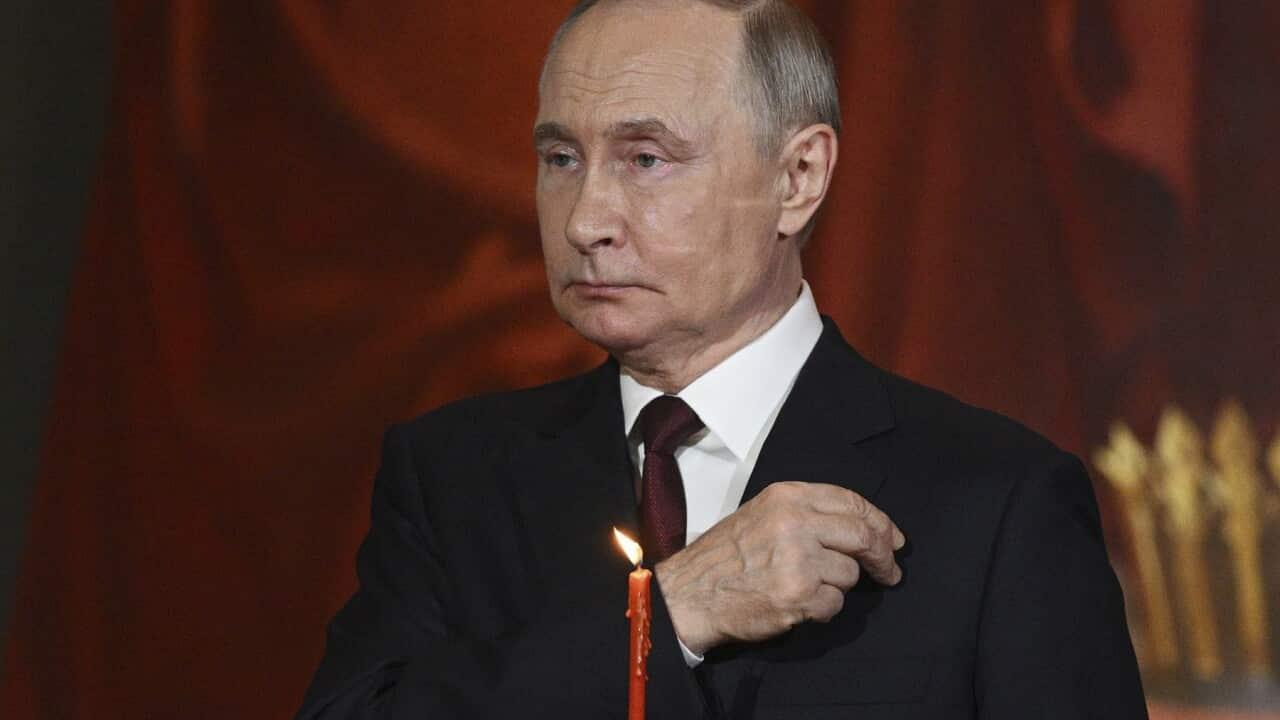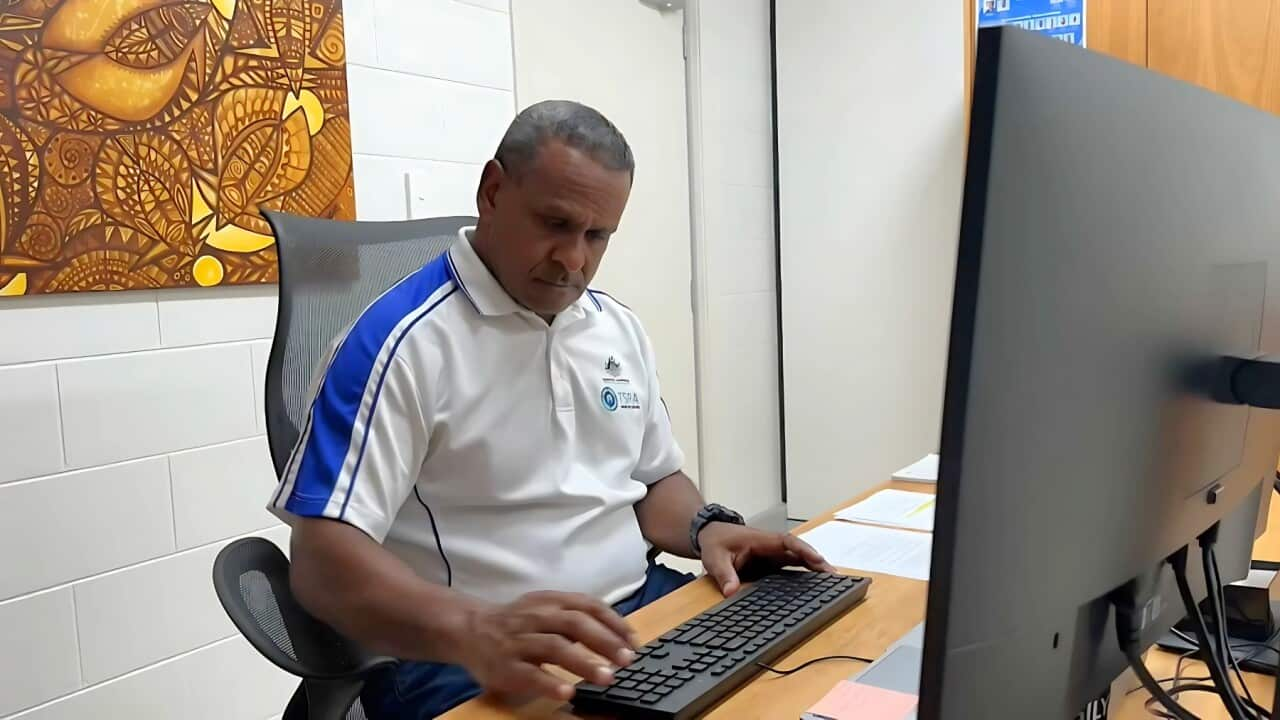TRANSCRIPT
CHENG LEI: "Hello Prime Minister, what an honour. This is the..."
PM: "I am so pleased to be able to talk with you."
After almost three years in a Chinese prison, that was journalist Cheng Lei, marking her return to Australia with her family and a phone call to Anthony Albanese.
The Chinese Foreign Ministry says she was released because she'd finished her sentence on charges of selling state secrets.
Former Prime Minister Scott Morrison says he didn't accept that was the case.
"I find none of this convincing. She should never have been detained, and nor should we be appreciative to the Chinese government that she's home. She should never have been detained, and particularly not in those circumstances."
Cheng Lei's experience is the most recent example of Australian journalists being detained overseas.
Another notable case was Peter Greste, who was detained in Egypt on terrorism charges in 2015.
He's appeared at the National Press Club in Canberra to raise concerns that Australia could be following Egypt's example, using its national security legislation to create a culture of secrecy, and pursue journalism that makes it uncomfortable.
Mr Greste has cited the 2020 raid on the home of journalist Annika Smethurst as an example of how legislation has begun to criminalise what was once considered legitimate reporting.
It was a raid that happened the same week as Australian Federal Police officers searched the ABC offices over its reporting of Afghanistan war crimes allegations, prompting a furious outcry and international attention.
Ms Smethurst told SBS News in 2020 that the furore had quite a negative impact on her life.
"My house was first raided in June, and we're more than six months on and there's been no resolution. It takes an enormous personal toll. I've had to move house and of course everybody knows about my case now. And it becomes difficult to continue to do your job in Parliament House when there's that level of scrutiny and publicity surrounding my case."
The High Court ultimately found a warrant used by federal police to raid her home was invalid, and ordered that it be quashed.
That court case was later followed by two Parliamentary Inquiries and a series of Ministerial Directives.
Almost three years on, Peter Greste says there have been positive changes.
"The government has passed the National Anti Corruption Commission legislation that includes some protections for journalists and their sources. It has passed amendments to whistleblowing laws, and Mark Dreyfus has commissioned a review of Commonwealth secrecy offences to see if the laws adequately protect public interest journalism. It's also dropped the charges against Bernard Collaery. And the government said it will implement the recommendations on the Parliamentary Joint Committee on Intelligence and Security that it made in the wake of those AFP raids. It's worked to harmonise state shield laws that protect journalists in court."]]
But Peter Greste's organisation, the Alliance for Journalist Freedom, says there's so much more work to be done.
"In a lot of conversations that followed the raids, we're often asked how to strike that balance between press freedom and national security. I think that's the wrong way to look at it. It implies a false binary. The idea of balance suggests that if we have more of one, by definition, we have less of the other. But what we've seen in recent years is that whistleblowing working with responsible journalists enhances national security: they expose failures of our security agencies, they provide important public debates about our national priorities, and they maintain the transparency so important to an effective democracy. In short, we should consider both media freedom and whistleblowing as integral to our national security."
Peter Greste says there are still whistleblowers being prosecuted for valid disclosures, notably Richard Boyle, who revealed aggressive collection tactics by the Australian Tax Office, and David McBride, who exposed allegations of war crimes committed by Australian soldiers in Afghanistan.
The Alliance is now proposing a media freedom act that would work in a similar way to human rights legislation in Queensland, the ACT, and Victoria.
The hope is that it will offer greater protection.
"There, the laws do three very simple things. First, they compel Parliament to always consider human rights whenever they're passing new legislation; they say the courts must always interpret existing legislation in ways that are consistent with human rights; and that civil servants must act in ways that support human rights. Now if we replace the words "human rights" with "media freedom" then I think we're close to a solution that would have profound implications for the relationship between government and the media - and through them, with the people that both are supposed to serve."













